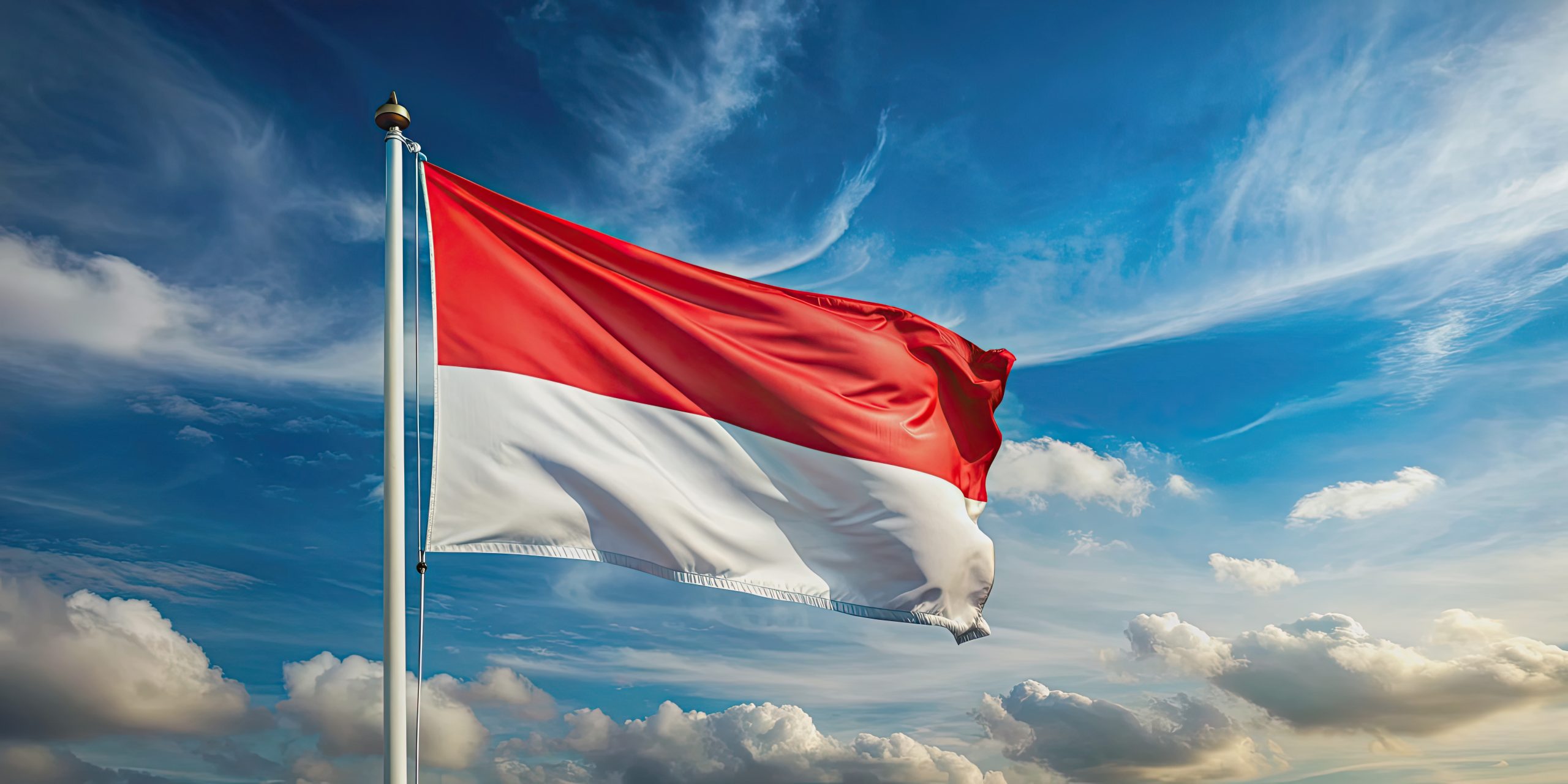African Ministers to Review Key AU Strategies for Alternative Fuels and Energy Efficiency

The African Union (AU) is preparing to convene the 3rd Extraordinary Session of the Specialised Technical Committee on Transport and Energy (STC-T&E), scheduled for December 3-5, 2024.
This pivotal meeting will focus on endorsing strategic initiatives aimed at advancing sustainable development across Africa, building on outcomes from the recent 4th Ordinary Session held in Zanzibar, Tanzania, in September 2023.
The agenda for the extraordinary session is both comprehensive and multifaceted, outlining a series of key initiatives within the transport and energy sectors. The initiatives are instrumental in promoting sustainability in Africa’s infrastructure development thereby laying the groundwork for a more cohesive and climate responsible development.
Her Excellency Dr Amani Abou-Zeid emphasised that strategies to be considered at the forthcoming ministerial meeting are designed to strategically position Africa at the forefront of implementing significant global commitments aimed at fostering sustainability, while simultaneously advancing the continent’s development aspirations.
Africa’s Sustainable Aviation Fuels Strategy
In the transport sector, ministers will consider the Continental Sustainable Aviation Fuels (SAF) Strategy. This initiative aims to promote the use of sustainable aviation fuels carbon aviation fuels and other clean energy aviation fuels across the continent. Aligning with global efforts to reduce carbon emissions in the aviation industry, several African nations including Burkina Faso, Côte d’Ivoire, Kenya, Rwanda, South Africa, and Zimbabwe have taken steps towards development and deployment of SAF. By adopting a Continental SAF Strategy, the AU seeks to improve air transport efficiency while contributing to climate change mitigation.
Additionally, the session will address the Revised Abuja Aviation Safety and Air Navigation Targets, which are crucial for improving safety standards and operational efficiency in the African airspace. This revision incorporates the latest international aviation safety practices, ensuring that African countries meet global benchmarks while advancing the Single African Air Transport Market (SAATM), which aims for open skies across the continent.
Africa’s Green Hydrogen Strategy
On the energy front, two key roadmaps will be presented: the African Energy Efficiency Strategy (AfEES) and the African Green Hydrogen Strategy. The AfEES seeks to provide a comprehensive framework for enhancing energy efficiency across various sectors in Africa. By adopting this strategy, the AU aims to optimise energy consumption, reduce costs, and promote sustainable energy use among African countries, ultimately fostering economic growth. The African Union’s Energy Commission has been at the forefront of shaping pathways toward energy efficiency, emphasising universal access to electricity.
Recognising the increasing importance of renewable energy sources, the AU has also developed a comprehensive strategy for green hydrogen development in Africa. This initiative, recommended by
African ministers, aims to position Africa as a leader in green hydrogen production, facilitating a transition to cleaner energy and promoting regional energy security.
In line with global efforts to integrate sustainability, the Smart and Climate Resilient Infrastructure Policy has been designed under the framework of Programme for Infrastructure Development in Africa (PIDA). This policy will guide member states in creating infrastructure that is sustainable and resilient to climate change impacts.
The outcomes of this extraordinary session are expected to drive critical advancements in Africa’s transport and energy sectors, promoting sustainable development and regional integration. The AU remains committed to collaborative efforts that address the continent’s unique challenges while leveraging its vast potential for growth and innovation.

